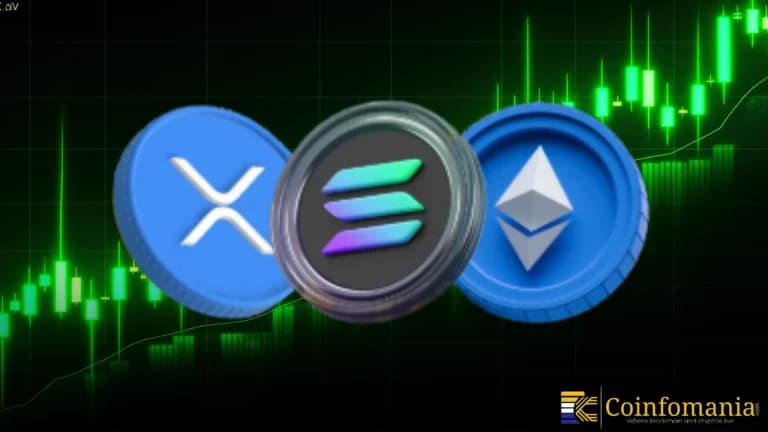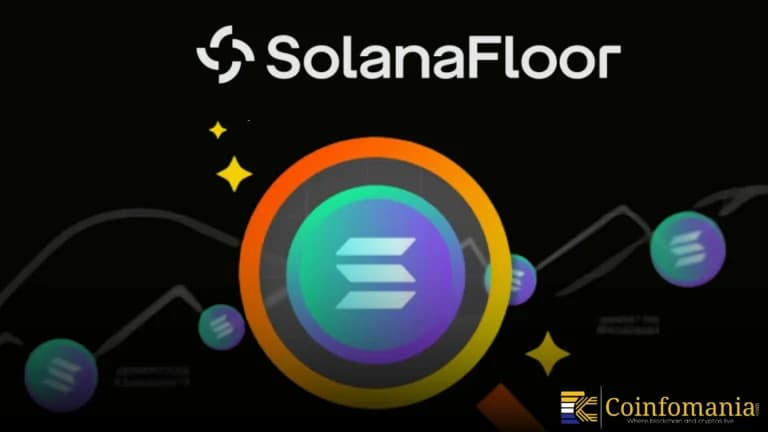IDF’s Airstrikes Spark Debate Over Extent of Iran’s Nuclear Delay
IDF claims its recent strikes caused a major nuclear delay in Iran, but U.S. intelligence and experts offer conflicting assessments.

Quick Take
Summary is AI generated, newsroom reviewed.
IDF officials say Operation Rising Lion set back Iran's nuclear program by years.
U.S. intelligence reports suggest the delay may last only a few months.
Oil markets and global supply chains face growing risks from the ongoing conflict.
On June 25, Israeli military spokesperson Avichay Adraee declared that “Operation Rising Lion” had set back Iran’s nuclear program by years. IDF officials echoed this, including Chief of Staff Lt. Gen. Eyal Zamir. However, a U.S. intelligence assessment contradicted this claim, saying the delay might only be months. Iran’s nuclear timeline remains uncertain as satellite images and classified reports offer mixed views. Although Israel insists its airstrikes were precise, Iran rejects those claims. These geopolitical tensions impacted oil prices and stock markets around the globe.
Conflicting Claims Over Operation Rising Lion’s Impact And Nuclear Delay
Israel launched “Operation Rising Lion” with one goal, cripple Iran’s nuclear capability. According to IDF Spokesman Brig. Gen. Effie Defrin, all objectives were met, “even better than we thought.” He added that it was too early to determine the full impact. However, he reiterated that they “set it back by years.” Lt. Gen. Zamir also stated the same about Iran’s missile program. But the United States intelligence painted a different picture.
The Defense Intelligence Agency (DIA) reported the setback could last only one to two months. Their analysis cited satellite data and said Iran might restart uranium enrichment within months. One U.S. official even suggested the extent of damage remained unclear. Deep underground facilities like Fordow showed external damage, but no structural collapse. Iran may rebuild power and water lines faster than expected.
The Dispute Within U.S. Intelligence and Politics
Disagreement runs deep within the U.S. administration. President Trump claimed the strikes “obliterated” Iran’s nuclear sites. Defense Secretary Pete Hegseth backed this, calling the bombings a complete success. But multiple anonymous officials disagreed. They highlighted that Iran’s highly enriched uranium stocks remain intact. Centrifuges were also reportedly unaffected at some locations. Analysts pointed out that imagery can’t reveal damage deep below the surface.
David Albright, a former U.N. inspector, observed visible damage through commercial satellite images. He warned, however, that Iran’s breakout capability still exists. Some Democrats in Congress, including Rep. Hakeem Jeffries, said they had seen no evidence of total obliteration. Scheduled briefings were also canceled, adding more uncertainty. This internal divide only raises more questions about what the operation truly achieved.
Oil Supply, India, and Market Reactions
The conflict’s effects extend far beyond military zones. According to SBI Research, the Strait of Hormuz has become a strategic flashpoint. Around 20% of global oil flows through this chokepoint. India, which imports 90% of its oil, is especially exposed. Though it does not buy directly from Iran, 40% of India’s crude passes through the Strait. Disruptions could create major logistical issues.
According to a June 25 note from SBI Research, oil prices could rise to $85 per barrel. This is well above the long-term average of $78. Freight rates have also surged. The Chinese crude oil Tanker Freight Index has climbed, signaling stress. Maritime insurance premiums have jumped. Global shipping faces a wave of volatility. India and other importing nations remain cautious, watching the geopolitical shifts unfold.
Nuclear Delay: Thailand, Inflation, and the Global Economic Ripple
Outside the Middle East, the conflict is already unsettling regional economies. The Bank of Thailand is trying to keep the interest rates steady amid these political shifts. Thailand’s growth slowed to 3.1%, and local markets remain under pressure. A wider economic impact looms if oil prices keep rising. Energy-dependent nations, especially in Asia, may suffer inflationary pressure. For now, governments are taking a wait-and-see approach. The true economic cost will depend on the conflict’s duration and Iran’s next steps.
Operation Rising Lion has generated bold claims and intense debate. Israel insists it dealt a severe blow to Iran’s nuclear progress. The United States, despite official confidence, shows signs of internal disagreement. Experts outside the government suggest Iran’s capabilities were hurt but not destroyed. Meanwhile, oil markets around the globe feel the early consequences. Thailand’s economic stance hints at broader anxiety. As assessments evolve and realities surface, the world watches to see whether this nuclear delay becomes fact or fades into political messaging.
Avichay Adraee tweeted that the Israeli Defense Forces revealed Iran’s fund transfer system supporting Hezbollah. Jets struck southern Lebanon, killing Haitham Abdullah Bakri, head of the “Al-Sadiq” exchange. Bakri knowingly worked with Hezbollah to fund terror activities. His network stored and moved Iranian Quds Force money. These funds bought weapons, materials, and paid operatives. Iran used “Al-Sadiq” to finance Hezbollah’s military actions. Over the weekend, forces killed Behnam Shahriari in Iran. He led Quds Force’s Unit 190, managing transfers of hundreds of millions yearly. His network moved funds through Turkey, Iraq, the UAE, and Lebanese exchangers. Both eliminations dealt a major blow to Iran’s funding routes.
References
- Avichay Adraee declared that “Operation Rising Lion” had set back Iran’s nuclear program by years.
- According to IDF Spokesman Brig. Gen. Effie Defrin, all objectives were met, “even better than we thought.”
- Avichay Adraee tweeted that the Israeli Defense Forces revealed Iran’s fund transfer system supporting Hezbollah.
Follow us on Google News
Get the latest crypto insights and updates.
Related Posts

GLOBAL OIL SHOCK FEARS — Strait of Hormuz Threat Sparks Panic Across Crypto Markets
Triparna Baishnab
Author

Solana Adoption: Banks and Governments Are ALL IN?!
Triparna Baishnab
Author

RIPPLE PUSHES BANKS TO ACT — Clarity Act Could Reshape Crypto Rules
Triparna Baishnab
Author